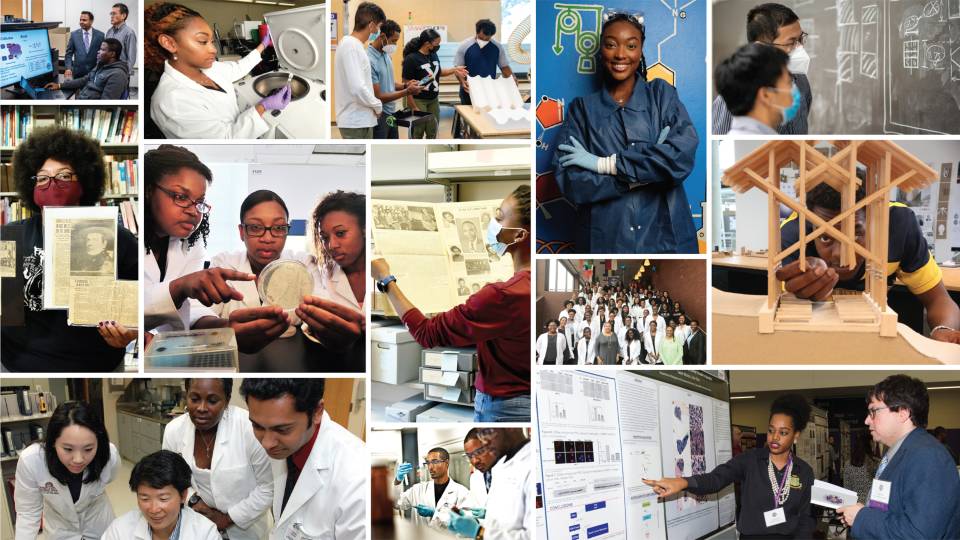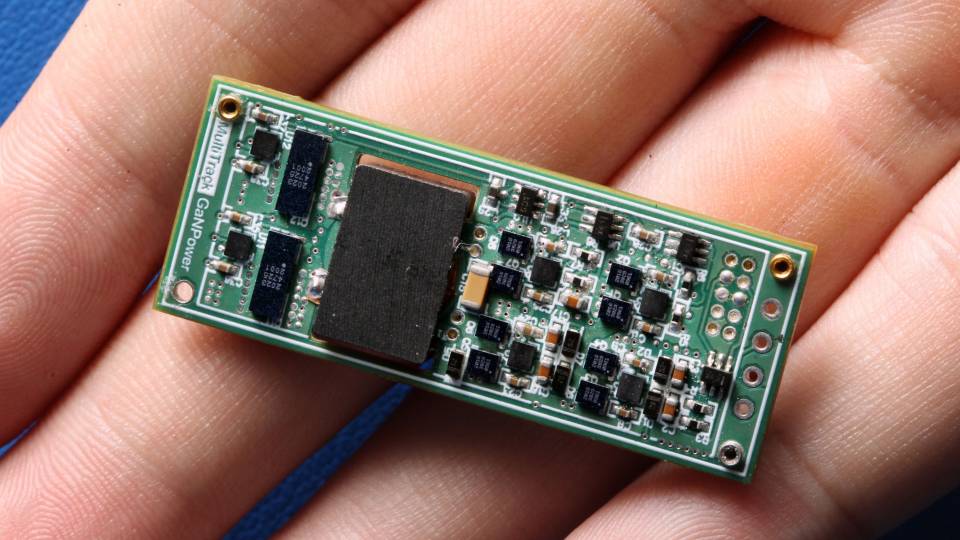A decade ago, Princeton established a pioneering program to catalyze bold new directions in research and scholarship. A set of funding opportunities, supported by the University and led by Princeton’s incoming dean for research, Pablo G. Debenedetti, would enable exploratory projects with the potential to expand frontiers and benefit humanity.
A new report on the first 10 years of the Dean for Research Innovation Funds demonstrates that these funds are highly effective engines of exploration. The program has sparked over 80 projects involving faculty from across the disciplines in areas ranging from the natural sciences to engineering, humanities, social sciences and the arts.
The University’s investment of $12 million has yielded over $48 million in subsequent research and development funding from federal, corporate and foundation sources. Roughly $6 million of that amount went to support startups and other ventures that are transforming research findings into products and services for society.
The $12 million investment comes from the University’s own resources, including Princeton’s endowment and alumni support of specific initiatives.
External research dollars can be highly competitive to obtain from federal agencies and other traditional sources, often requiring that researchers demonstrate a high likelihood of success. With support from then-provost University President Christopher L. Eisgruber, Debenedetti designed a funding program to incentivize bold ideas and unconventional collaborations.
“We aimed to identify projects that might otherwise struggle to find external funding due to their exploratory nature,” said Debenedetti, the Class of 1950 Professor in Engineering and Applied Science and a professor of chemical and biological engineering. “Some might call these projects ‘risky.’ We saw them as exciting opportunities because when they pay off, as so many have, they have tremendously beneficial consequences.”
The $48 million in subsequent support does not include results from the most recent projects, which are still ongoing.
The program started with five funding categories: New ideas in the natural sciences, new collaborations with industry, collaborations between artists and scientists or engineers, new ideas in the humanities, and new ideas in the social sciences. In 2022, two new funds were added, one focused on the sustainability of the planet and the other on exploratory energy research.
The report illustrates successes across a range of outcomes. In addition to attracting additional funding for research, the program forged more than 15 new collaborations with industry and initiated 10 interactive projects among artists and scientists or engineers. The program has resulted in more than 153 scholarly publications and nine patent applications. In the humanities and social sciences, the program fostered scholarship through 17 conferences, performances and exhibitions.
The funding also provided numerous educational and training opportunities for early-career researchers, including 71 undergraduates, 54 graduate students and 30 postdoctoral researchers.
The availability of funding for bold ideas serves to attract and retain top researchers and scholars, said Debenedetti. “These funds fuel the quality and vitality of Princeton’s research. They enhance the quality of the faculty members that come to Princeton, and the research that they are able to do once here.”
To apply for funding, faculty members submit proposals that are evaluated by committees of peer researchers, and, where appropriate, external experts. Nearly 170 Princeton faculty members have participated as reviewers. Successful applicants can use the funding to support research personnel, purchase laboratory equipment, attend or host conferences, access resources such as software and databases, and cover other costs related to research and scholarship.
Debenedetti’s interest in support for innovation across all disciplines stemmed in part from his background as vice dean of Princeton’s School of Engineering and Applied Science from 2008 to 2013. There, he administered innovation research grants including Project X, which supports projects geared toward creativity, tinkering and risk-taking.
The Dean for Research Innovation Fund is one of several funding initiatives within the Office of the Dean for Research. Other programs support technology transfer, new equipment, transformative science and technology, and research collaborations with historically Black colleges and universities. Calls for proposals for the Dean for Research Innovation Funds are issued annually. Visit research.princeton.edu/funding to find more about the funds and how to apply.
View the report online.






